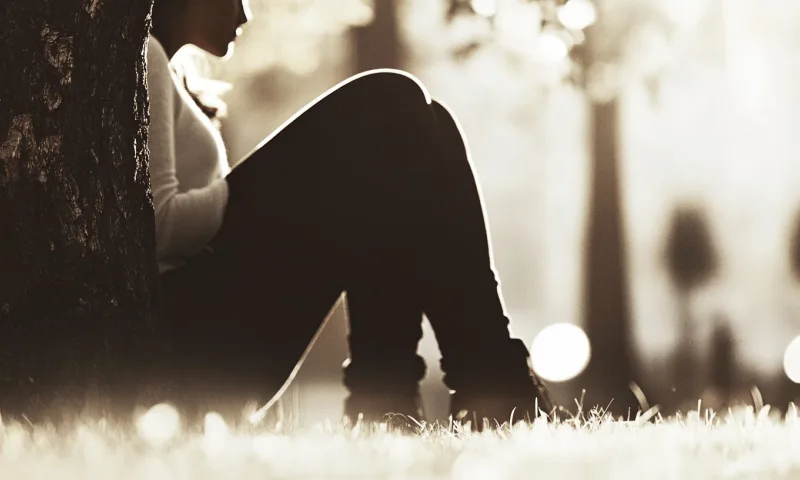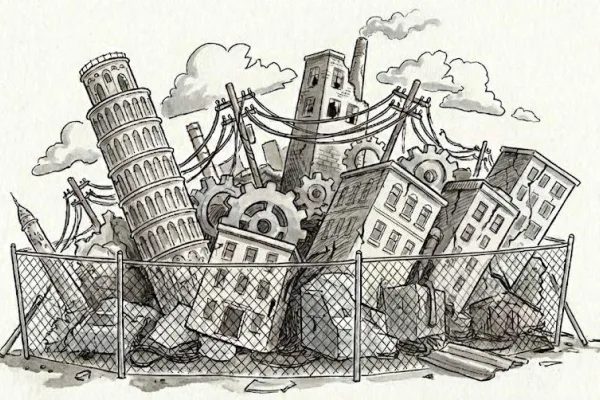Posted on
We talk a lot about performance, targets, outputs, and results, but less about what makes performance sustainable. The truth is, the biggest differentiator in high-performing teams isn’t process or productivity software. It’s people.
Resilience is what keeps people steady when circumstances shift. It’s what helps teams maintain perspective in uncertainty, find calm in pressure, and stay connected when workloads climb.
As Hugh van Cuylenburg explores in The Resilience Project and Let Go, resilience isn’t something you’re born with, it’s something you practice. And the foundation rests on three habits: gratitude, empathy, and mindfulness.
Gratitude: Seeing What’s Working
Modern work often trains us to see what’s broken. Deadlines slip, inboxes overflow, and expectations keep rising. Gratitude reverses that lens. It’s the daily practice of recognising progress, kindness, and contribution, the things that quietly go right.
A simple thank-you after a tough day. Sharing a small win in a team chat. Acknowledging someone’s effort rather than just their output.
These aren’t grand gestures. They’re signals that remind people they matter, and that their work has meaning. Over time, gratitude builds perspective, optimism, and stronger human connection.
Empathy: The Bridge Between People
Empathy is what transforms a group of individuals into a team. It’s the willingness to understand someone else’s pressures, challenges, and motivations, and adjust how we communicate as a result.
Great communicators aren’t necessarily the loudest voices. They’re the ones who listen to understand, not to reply. They create space for others, ask questions that invite honesty, and stay curious rather than defensive.
When empathy drives interactions, collaboration improves, conflict softens, and trust grows. And trust is the foundation of every successful team, whether in an office, on a construction site, or behind a shop counter.
Mindfulness: The Pause That Protects Performance
In a world of constant noise, mindfulness gives us pause. It’s not about incense or silence, it’s about presence. The ability to notice what’s happening in the moment before reacting to it.
A short walk between meetings. One mindful breath before responding to an email. Switching the phone to flight mode for half an hour of uninterrupted thinking.
These micro-pauses improve focus, patience, and decision-making. They help us respond thoughtfully instead of reactively, a small but powerful shift in how we work and lead.
Sustaining High Performance
Resilience isn’t about grinding harder; it’s about recovering smarter. Every job takes energy. The question is how we replenish it.
For some, it’s exercise before work. For others, music, cooking, or spending time with family. What matters is that recovery isn’t left to chance; it’s built into your rhythm.
When individuals build recharge habits and teams normalise recovery, performance stops being a sprint. It becomes a rhythm: push, pause, refocus, repeat.
Bringing Humanity Back to Work
When gratitude, empathy, and mindfulness are part of how we show up, the workplace feels lighter, and people become more open, creative, and supportive. Stress doesn’t disappear, but our capacity to manage it grows.
Resilience isn’t an abstract idea. It’s a daily decision to be present, kind, and aware, to focus on what we can control, and to support each other through what we can’t.


